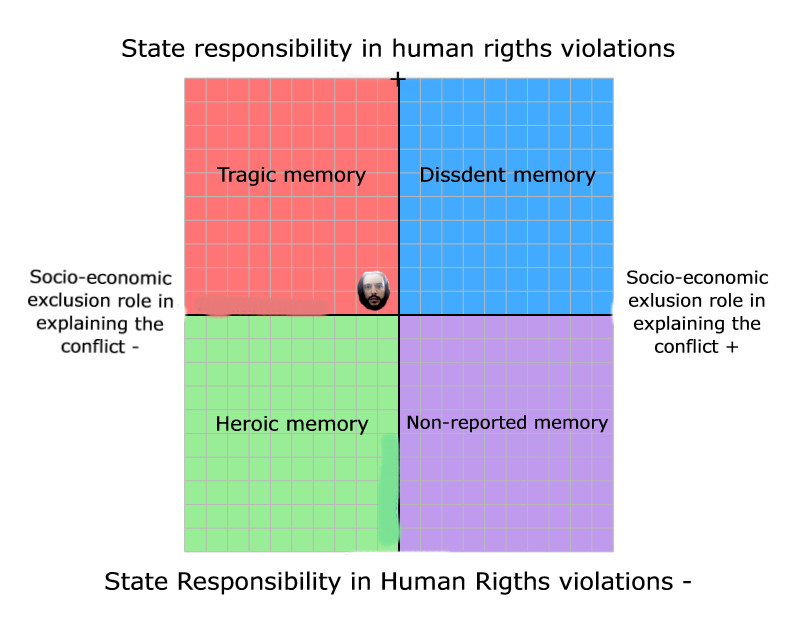Author: watrall
-
Project: The Social Justice Classroom
For my fellowship project, I decided to build a website dedicated to crowdsourcing antiracist pedagogical material. I developed this idea last year while I was a fellow for MSU’s Hub for Innovation in Learning and Technology, and was inspired by Ronjaunee Chatterjee’s, Alicia Mireles Christoff’s, and Amy R. Wong’s 2020 article, “Undisciplining Victorian Studies, which…
-

Plotting Colombian Emblematic Memories
While acknowledging the existence of different models of emblematic memory for the sake of transformative dialogues about the past, Plotting Emblematic Memories project proposes to identify the type of cultural model an individual uses to make sense of the past. As you may be thinking, you take the test, the application makes some calculations, and…
-
Introducing the “Stratford-upon-Avon Affects Map” Project
In my last blog post, I had indicated that I would use this month’s post to continue with my exploration into copyright and ownership in relation to digital heritage; however, I will continue that series in the new year. Instead, today I would like to introduce my fellowship project that I will be working on…
-
Announcing “Forensic Anthropology: A History”
This year I will be creating a website focused on the development of forensic anthropology. A bit different from my CHI project last year (3DMMS Initiative), the motivation of this project is to use data visualization to tell a story about the professionalism related to the discipline. This project will serve as an interactive, concise…
-
Contemplating Crowdsourcing in Digital Cultural Heritage
In this blog post I will explore some of the views on the use of crowdsourcing for digital projects in the humanities. I am interested this this literature because for my future dissertation project I am considering crowdsourcing data from the local community. In general researchers and institutions can crowdsource project tasks through self-developed sites…
-
Introducing “God-Honoring Snark”
For my CHI project, I am conducting a text analysis of a popular subreddit in which participants “snark” on fundamentalist Christian media to explore how community members recognize and respond to misogyny in fundamentalist media. Reddit is a forum-based social media platform frequently used for geek, meme, and niche interest discussions, including extremist political and…
-
Data for Mapping
Our last rapid development challenge “mapping memory” makes me think that the data sources for mapping and spatial analysis nowadays can be very different from the situation in John Snow’s time (the cholera person not the one on a dragon). I have seen more and more space related studies and projects being conducted based on…
-
Digital Food Studies/History
Research Methods in Digital Food Studies (2021) was published recently as a text for thinking through methods for digital food studies. The collection of essays is useful for considering a methodology for studying digital food media, but less about how to use digital tools for answering food related humanities questions. The authors in Digital Food…
-
Interdisciplinary Tracking
This year has granted me the opportunity to work with various interdisciplinary scholars and explore how other disciplines interact with animal subjects. While touring MSU’s Museum of Natural Science Collections, we observed marks of DNA analysis in turtle shells created by one of the Master’s students at MSU (if anyone knows the name of this…
-
Exploring Time & Space
Figuring out the ‘wibbly wobbly, timey wimey stuff’… Our final rapid development challenge focused on us creating a “Memory Map”. I worked on this project with my fantastic team, Dani Willcutt, Juan Carlos Rico Noguera, and Vee Lawson. This mapping challenge allowed us to conceptualize spatial change over time. More particularly, my team decided to…